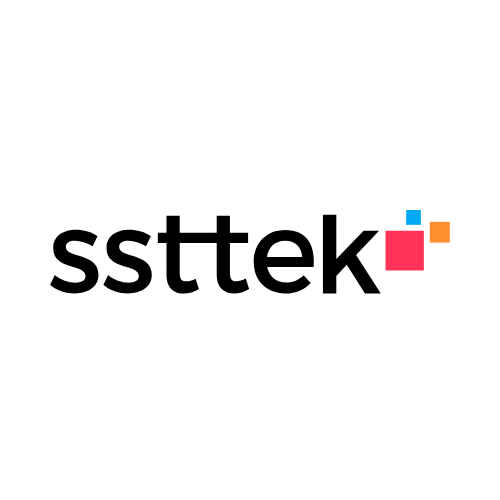Gamification is the application of game elements and design techniques in non-game contexts. This approach aims to enhance user engagement, boost motivation, and help achieve specific goals. While often seen as a fun concept, gamification has proven to be an effective method in various fields such as education, marketing, and software development.
In software development, gamification is frequently employed to enrich user experience. For instance, features like earning points or badges when users complete specific tasks can be integrated into a software program. Such features make users more active and increase their commitment to the software. As a result, gamification strategies make software more appealing, leading to improved user motivation and engagement.
How Does Gamification Increase Workplace Engagement?
Gamification is an effective tool for boosting motivation and strengthening employee engagement in the workplace. Integrating game elements into business processes enhances employees’ motivation and commitment. This approach encourages employees to achieve their goals while making learning and development processes enjoyable.
Key components of gamification include reward systems such as points, badges, and leaderboards. These elements create a competitive environment while encouraging employees to reach specific targets. For example, by using gamification in software projects, a healthy competitive atmosphere can be established among team members, increasing both productivity and team spirit. Furthermore, gamification makes learning processes more enjoyable. Employees can reward themselves with points or badges as they complete training modules, promoting learning while accelerating knowledge acquisition.
In conclusion, gamification applications offer an effective strategy for increasing workplace engagement. By utilizing gamification in software, companies can enhance employee motivation while making their business processes more efficient.

The Future of Gamification
Gamification has become an effective tool in many sectors today, and this trend is expected to continue in the future. The future of gamification will focus on developing innovative approaches to enhance user experience and engagement. Applications of gamification will become increasingly common, particularly in education, marketing, and healthcare.
In the future, gamification is expected to offer more personalized experiences. Through artificial intelligence and data analytics, customized content will be created to meet users’ needs. Additionally, the integration of virtual reality (VR) and augmented reality (AR) technologies will further enrich gamification experiences. With these advancements, it seems inevitable for businesses to adopt gamification to enhance employee motivation or strengthen customer loyalty. The future of gamification is not just a fun approach but is also gaining importance as a strategic tool.


